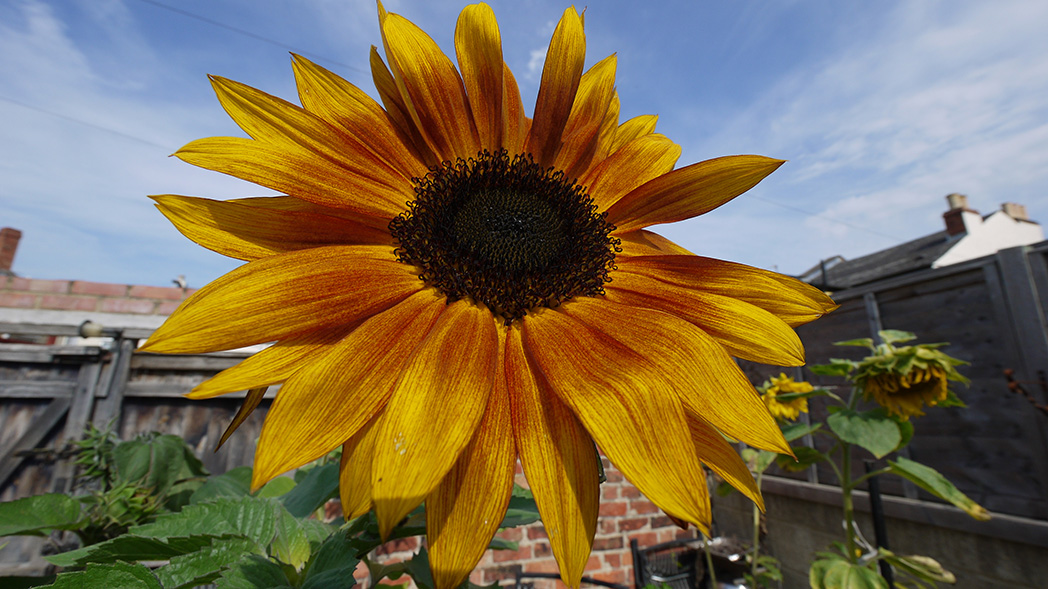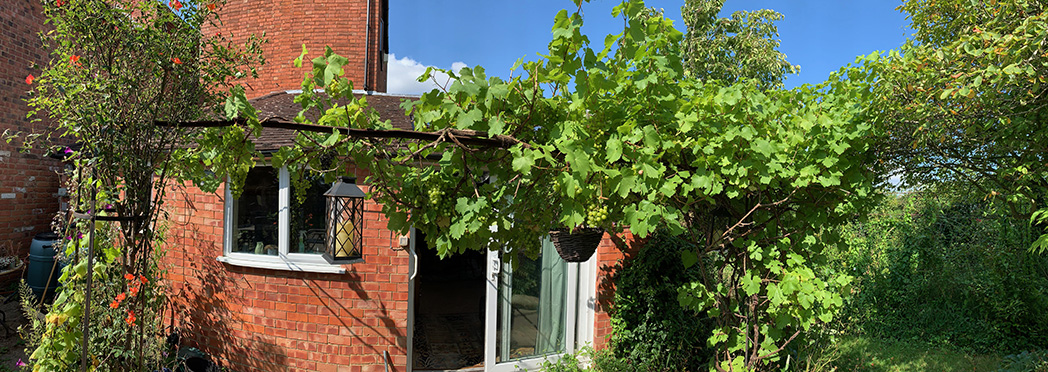Shepherding the Mind is not built on science, evolved from counselling or psychotherapeutic theory or sessions. It’s about living this stuff. For real. Walking on the left-hand side of authority figures, it is predicated on my own experiences of depression, my reflexive observations of a relationship with a dog (and, whisper it, with myself); how the discipline of an Academic Research Method can impose validity on stuff that is often confused by emotion, agenda, (often accidental) biases or an innate need for us to re-write history to serve our own defence structures. It solidified after a conversation with the former Chief Executive of Combat Stress in 2013, but needed a further decade to find a home. Its primary purpose is to reach — takes a beat — unreachable people.

In 2023 I applied to do a Masters in Psychology after my PhD. I’ve always been intensely interested in psychology and self-help, interested in ‘fixing’ myself. I’d bought a book in the ‘Greatest Books Distilled’ series, 50 Psychology Classics. Nothing to do with my time in the Academy, I’d already read 17 of them. Vicktor Frankl’s Man’s Search for Meaning, since you ask. There were plenty of self-help books I’d read too that obviously don’t qualify as worthy. Zig Zigler’s The Goals Principle or Johnathan Haidt’s The Happiness Hypothesis since …
I believe it’s possible to have a ‘lay’ view of this stuff that allows you to go to where bureaucratic rules and regulations don’t allow many proponents to go — as long as it’s systematic, robust and of no self-interest (personal agenda, it’s not about scoring points from incidents in your past). Discoveries from self-examination of a disturbed mind must be for general gain, not personal self-interest. In the interests of a better, more functioning, community. They must be accurate, poignant, and reference-able, ie, this credible person has thought about it and written about it too.

The idea for Shepherding the Mind was born in 2013 when a large German Shepherd dog came into my life under curious circumstances and I worked out how he was keeping me alive in a difficult situation. After a chat with the former CEO of Combat Stress, I started to plan for an organisation using dogs and horses for former-military personnel with complex PTSD, especially those who went on to choose to end their own life. I was no stranger to that kind of planning.
My own life got complex. The dog died. I’d promised myself to live one day, and one day only, longer than the dog. Again, for curious reasons, that didn’t happen. Now, or at least for now, cancer hasn’t got me either, although I’ve only lived one and a half of the five years I was given. So let’s see what the numbers say. At the moment they are on my side.
For my own well being I enrolled on a Masters at the local uni in 2016, they let me sit in on the BA modules (I didn’t have a degree) — I had to shower, dress, get there, be in public, chat to girls — providing a structure to my life, abandoned after a diagnosis of progressive multiple sclerosis. Surprising myself by thoughroughly enjoying college, I then did a PhD in the language and nature of poetry. Metaphor, the life-blood of poetry, is crucial to communicating with others, in communicating with ourselves.
I believe, through my studies and reflexive analysis of myself, it is possible to change the little inner voice in our heads. I just need to prove it. I have done it to myself, I just need to show how. All of this shit kept me alive. Now it’s time to keep one other person alive.
That’s what this site is about.
